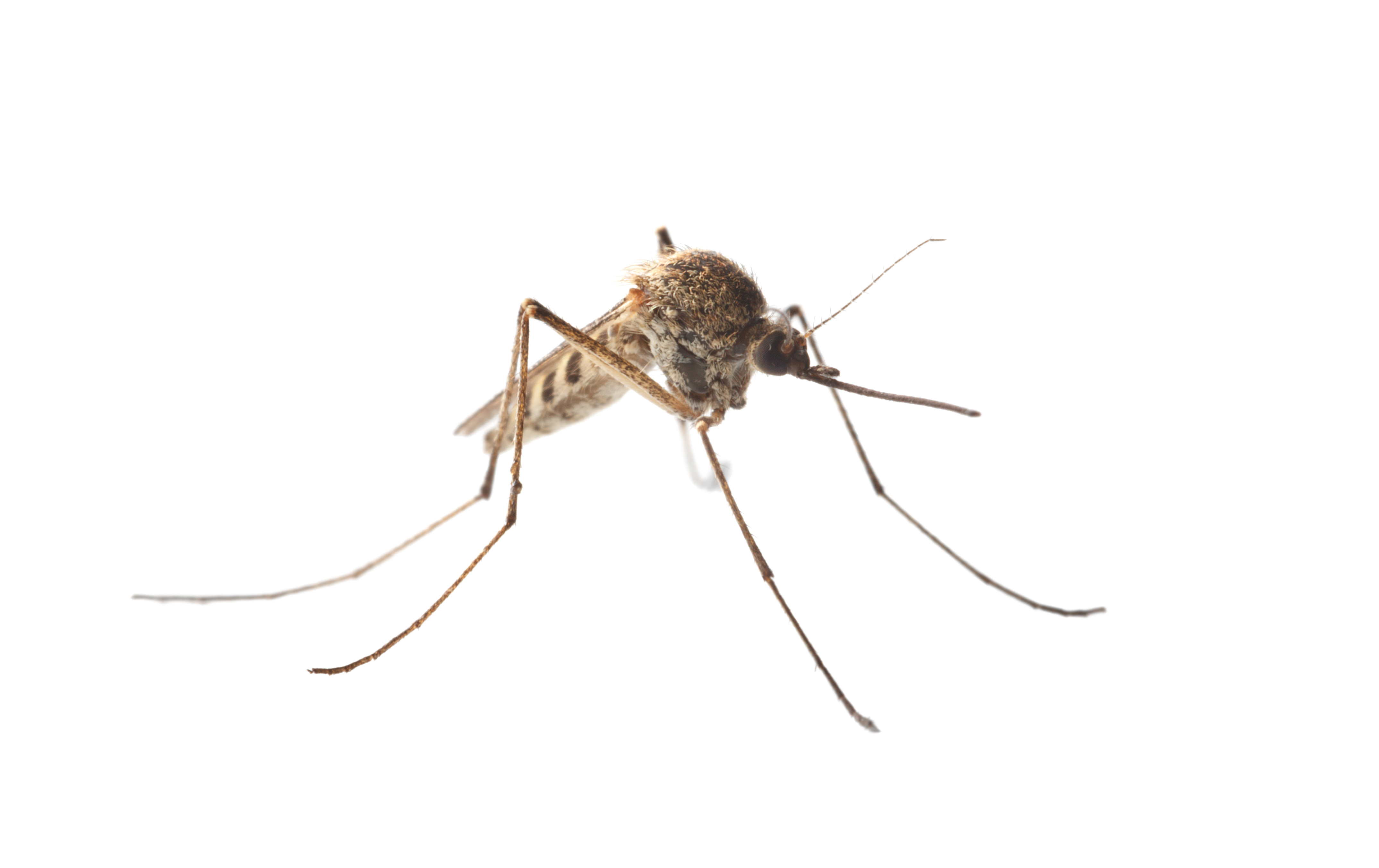Health officials report first West Nile Virus case in Larimer County
Health officials with the Larimer County Department of Health and Environment have confirmed the first reported case of West Nile virus in the county this year. The individual resides in Fort Collins, and is currently recovering. Earlier this week, the Health Department reported an increased risk of West Nile virus based on local mosquito trap data.
Data are showing that there is a low overall abundance of mosquitoes, which has resulted in a higher proportion of infected mosquitoes. This means the risk of infection from a single mosquito bite is greater now compared to recent years.
“Mosquitoes carrying West Nile virus are active in our area, and the risk of infection is rising,” said Tom Gonzales, Larimer County Public Health Director. “We urge everyone to take precautions to protect themselves and their families while enjoying the outdoors.”
West Nile virus spreads through the bites of infected mosquitoes and can pose serious health risks. People ages 55 and older are at higher risk for serious symptoms including tremors, numbness, vision loss, and paralysis if they get West Nile virus. People with health conditions such as cancer, diabetes, hypertension, and weakened immune systems are also at risk.
Even if you don’t get bitten by mosquitoes often, the Health Department urges all residents to adopt effective protective measures. The more you make mosquito bite prevention part of your summer routine, the easier it will feel, and the more you’ll be protected against West Nile virus.
Regularly use an EPA-registered insect repellent.
Wear loose-fitting long-sleeved shirts and pants for long walks, gardening, and other times outside.
Avoid outdoor activities during peak biting times around dawn and dusk.
The Larimer County Department of Health and Environment closely monitors West Nile virus prevalence in the community through partnerships with municipalities, a mosquito abatement company (Vector Disease Control International), and Colorado State University to assess the risk to Larimer County residents.
Learn more about how to protect yourself and your loved ones from West Nile virus at www.larimer.gov/westnile.

